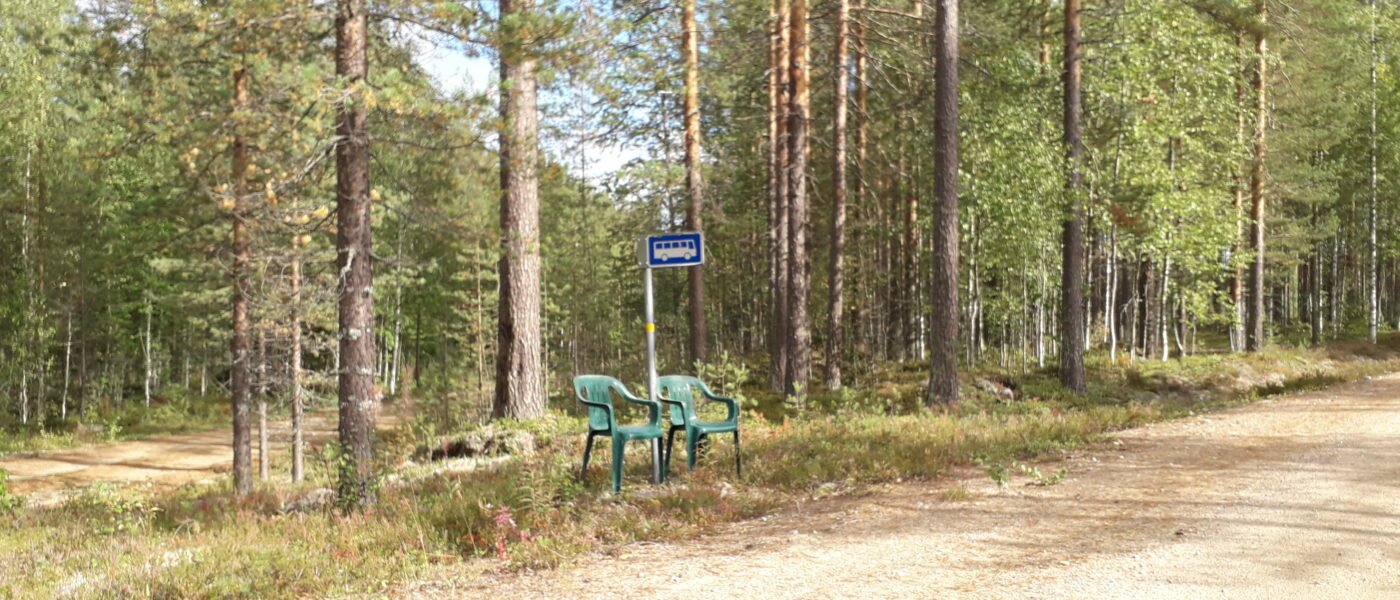By the Conviva team The CONVIVA – convivial conservation research project, financed by NORFACE/Belmont Forum, have worked together to distill some key findings from across all case-studies into four policy[...]
By Judith Krauss, University of Sheffield How transformative is SDG 15, Life on land? This is the central question for two new papers out in Globalizations and in Journal of[...]
On 14 September 2022, the CONVIVA – convivial conservation research project will be hosting a colloquium for PhD and early post-doc researchers working on issues related to convivial conservation and[...]
By Judith Krauss, University of Sheffield (UK) What has CONVIVA Tanzania been up to? In the fourth episode of the convivial conservation podcast, Prof Dan Brockington (University of Sheffield) speaks[...]
By Sanna Komi, University of Helsinki (FI) The Finnish language version of this text (which can be found below) was originally published on Antroblogi on 2 December 2021. The debate[...]
By Mathew Bukhi Mabele (University of Dodoma, Tanzania), Laila Thomaz Sandroni (University of Sao Paulo, Brazil), Y Ariadne Collins (University of St. Andrews, UK) and June Rubis (University of Sydney,[...]
By Judith Krauss, University of Sheffield (UK) (reblogged from the Sheffield Institute for International Development) What happens if we combine research and storytelling for public engagement? This blog reflects on[...]
By Rob Fletcher, Kate Massarella, Ashish Kothari, Pallav Das, Anwesha Dutta and Bram Büscher (reblogged from Progressive International) The prospects for Earth’s biological diversity look increasingly bleak. The urgency of global[...]
By Judith Krauss, University of Sheffield (UK) At the wonderful, all-virtual, low-carbon and inclusive POLLEN20 conference (22-25 September 2020), the CONVIVA team had the privilege of convening (Laila Thomaz Sandroni,[...]
By Wilhelm Kiwango, The University of Dodoma (Tanzania) For Part 1 of Wilhelm’s reflections particularly on his experience with Lion Guardians in Kenya, please click here. Different contexts, yet similar[...]








